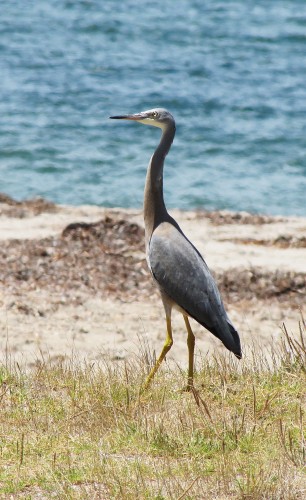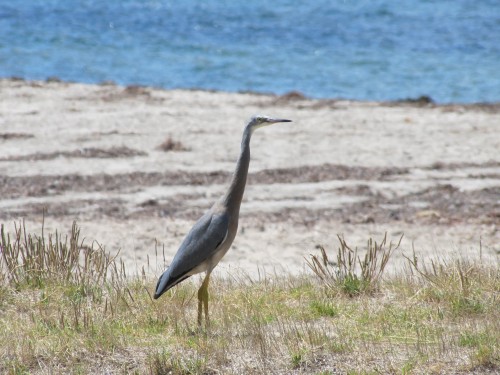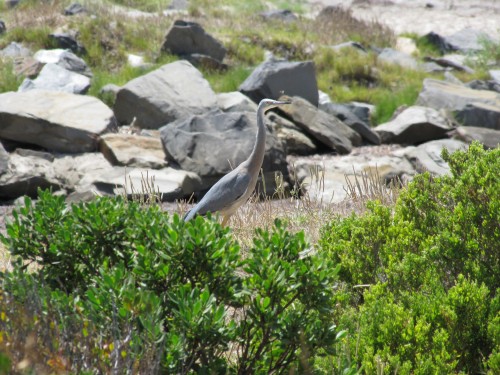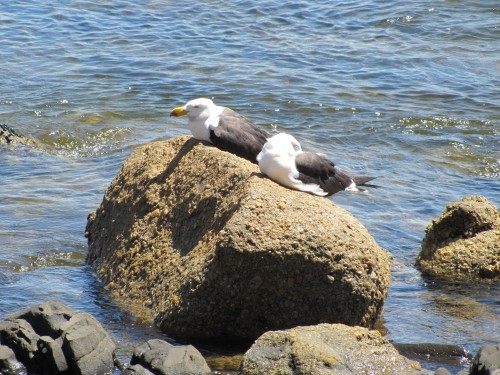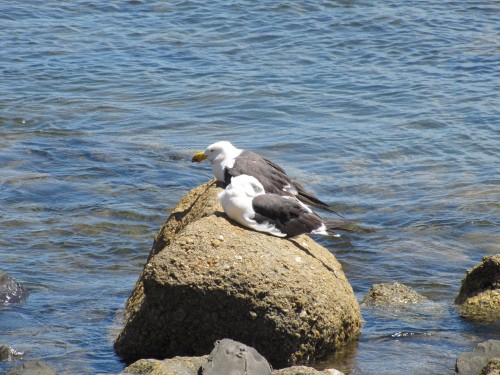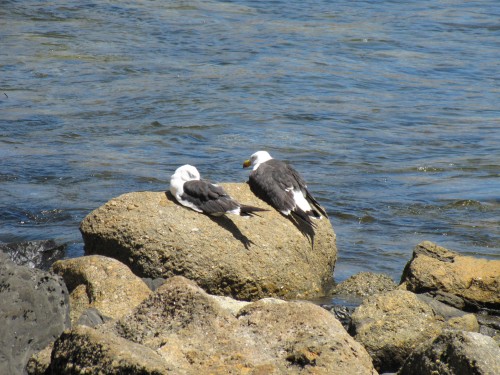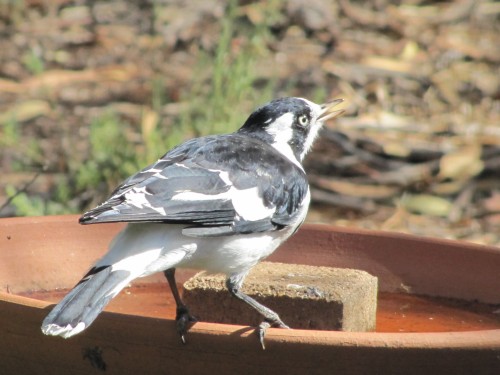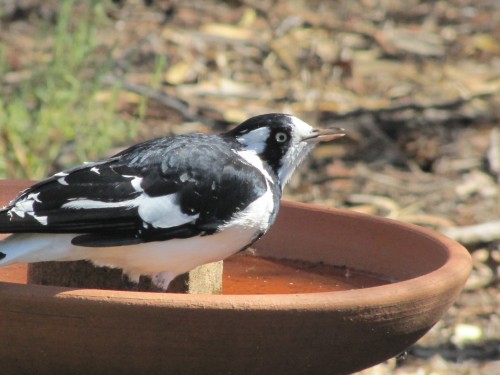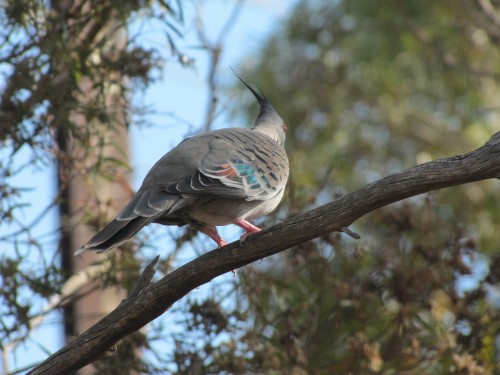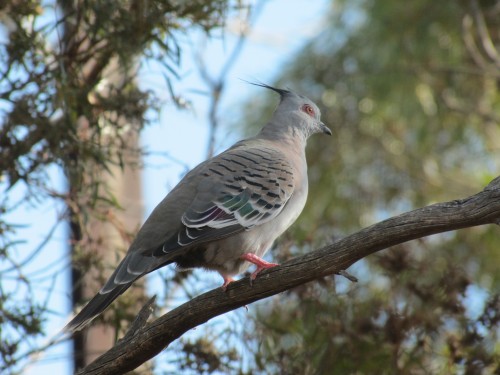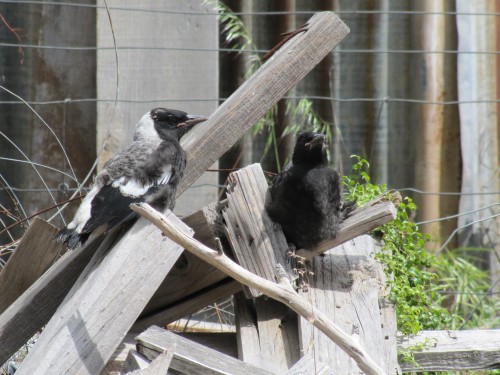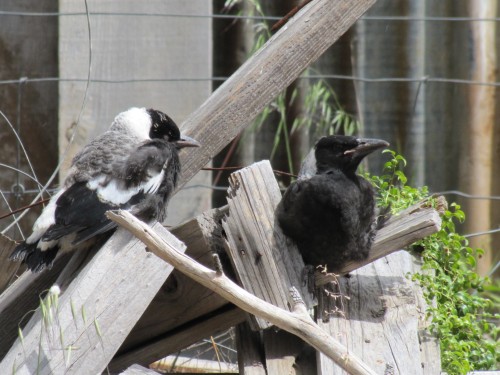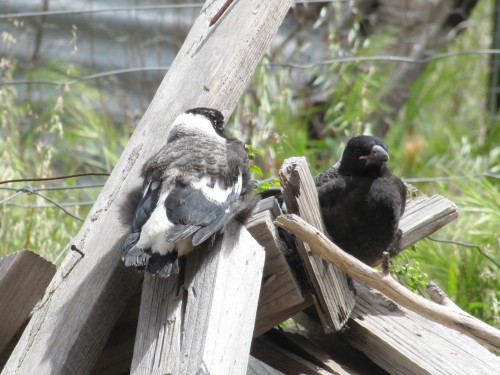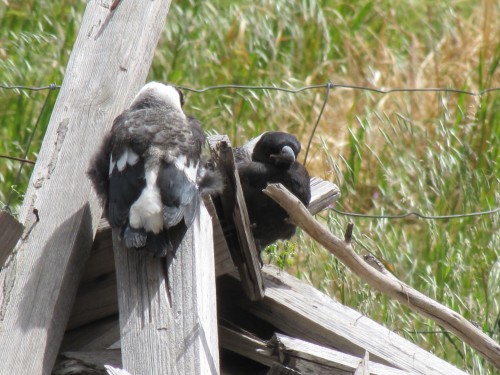White-faced Heron, Victor Harbor
I was recently sorting through some photos taken at Victor Harbor nearly three years ago and came across these lovely shots of the White-faced Heron.
This species of heron is common in our region, and is also found in many parts of Australia. It is instantly recognisable and cannot easily be confused with any other species of heron or egret.
I like birds like that. Makes their ID easy.
Pacific Gulls at Victor Harbor, South Australia
Despite being a popular beach with both locals and tourists, the shoreline at Victor Harbor is remarkably rich in birdlife, particularly shorebirds. On most occasions the observant visitor will be able to see several Pacific Gulls, either on the beach or resting on the rocks near the rocky outcrop known as The Bluff.
A short distance from where I took these photos there is a popular fishing spot. This spot always seems to have a few hardy anglers present, regardless of the weather conditions.
Photographic study of an Australian Magpie Lark
Sometimes I am lucky and get just the right pose in the birds I am photographing.
And sometimes they don’t cooperate.
Or the light is wrong.
Or it’s not in focus.
Or part of the bird is accidentally cropped – like the tail in the shot below.
Oh, well – you don’t get it right every time. I’ll just keep trying.
Maybe next time…
Colourful Crested Pigeon
This evening I was sorting through some bird photos taken some months ago – earlier this year in fact. I’m not sure if I posted these photos at the time but that doesn’t matter.
I was once again bedazzled by the subtle colours on the wings of these Crested Pigeons. I’ve seen these colours glinting in the sunlight many times, and each time it catches my breath.
On one memorable occasion decades ago I was in my mother in law’s garden and I was able to steadily walk up to one of these pigeons until I was no more than 2 metres away. On this occasion the wing facing me was in bright sunlight and shone beautifully in many colours.
At first glance this species appears a dull grey all over. It is only when up close, and in the right light conditions, that its true beauty shines.
Wild weather and baby magpies
Over the last few weeks we have had some violent wind storms. Spring here in South Australia can often be windy, but these were gale force winds. One afternoon earlier this week wind gusts up to 80kph were recorded many times. While we didn’t suffer any property damage others in our state were not as fortunate. One poor man even drowned when his boat was overturned in rough conditions on the River Murray upstream from my home town of Murray Bridge.
During the worst of the stormy weather I was concerned for the baby magpies in two nests within 50 metres of my office where I am writing this post. We had watched with interest when the nests were being built. Actually, they were last year’s nests which were refurbished. Then we waited while the mother birds sat patiently during the incubation period. Then over the last few weeks there was a constant begging noise from the babies.
When the first storm hit last Monday the babies were able to hang on to the nesting material. The following storms on Wednesday were even worse and the young were blown out of their cosy homes. Watching them today I suspect that they were not yet quite ready to fledge* because they are still unable to fly; they run everywhere – well, it’s more of a wobbly, unsteady waddle.
At one point the two babies from the nest closest to our house clambered up on a heap of scrap wood near the garage. I managed to get up reasonably close without spooking them, thus getting some good photos. You will notice that they are still very downy. These downy feathers will remain for some months yet. You will also notice that the nearest one has not much of a tail yet. In the first few days after fledging, they are terrible flyers as they learn how to get around; having virtually no tail does not help.
*Note: to see a definition of the word fledge click here.
Further reading:
- Baby Magpie – the most popular post on this site with nearly 500 comments from readers.
- Crash landing for a baby magpie
